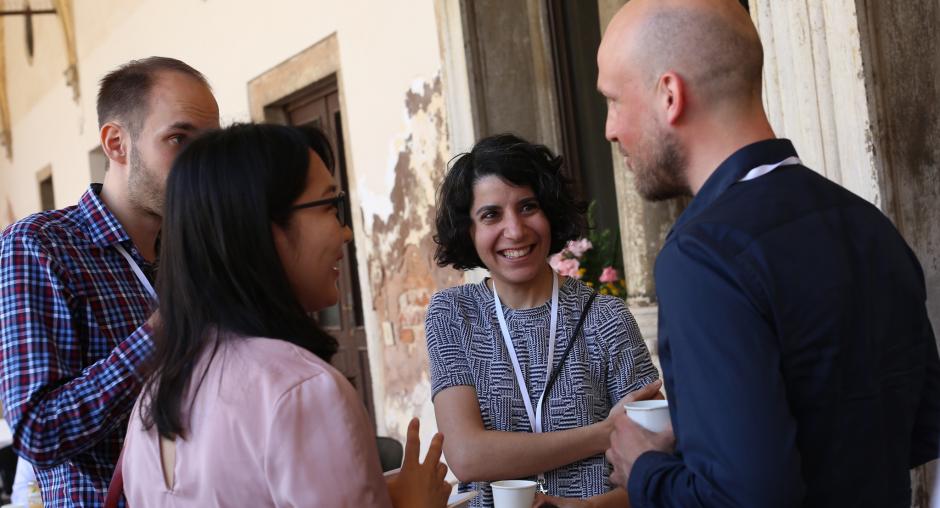National human rights institutions vital to better promotion and protection of economic and social rights, say NHRI Academy participants

National human rights institutions (NHRIs) are uniquely placed to monitor the economic and social rights policies of their states and evaluate the allocation of resources to ensure effective protection of these rights, said participants in the annual NHRI Academy, which took place in Venice from 3 to 7 June 2019.
The capacity-building event was organized by the OSCE Office for Democratic Institutions and Human Rights (ODIHR) and the European Network of National Human Rights Institutions (ENNHRI). It enabled 26 NHRI representatives from across the OSCE region (21 women and 5 men) to develop their knowledge and skills in monitoring economic and social rights and communicating effectively about their work.
“Social and economic rights are at the basis of everyday life of people in the OSCE region. Effective protection of these rights ensures that every citizen has access to adequate housing, education and work,” said Marc Van Gool, ODIHR Human Rights Adviser. “By monitoring the situation in this area and communicating their findings at the domestic and international levels, NHRIs contribute to the OSCE’s comprehensive approach to security, which recognizes that conflicts may arise not only from political and military threats, but also from economic tensions, environmental degradation, social insecurity and violations of individuals’ rights.”
Nina Pániková, ENNHRI Human Rights Officer, said: “NHRIs are in a position to advise the state on the human rights impact of economic and social policies and empower individuals to claim their rights. European NHRIs, as ENNHRI members, have been asking us to strengthen their capacities to work in this area and have chosen economic and social rights as a collective priority in our current strategic plan. This NHRI Academy is one of several activities we’ve planned in 2019 to support NHRIs in this area.”
As part of the training, the participants improved their knowledge of the United Nations Paris Principles, which set out the main criteria for effective and independent NHRIs, as well as their understanding of ways to frame key messages for different target audiences and to mainstream gender into the work of NHRIs. The participants also developed action plans for their respective institutions.
“This training gives me an opportunity to come up with new ideas for my daily work,” said Beka Javakhadze, Senior Specialist at the Public Defender’s Office of Georgia. “You hear about different experiences and learn how to make your work more comprehensible, more credible, and also more interesting. It is also a wonderful opportunity to get familiar with experts who do a huge amount of work in the area of economic and social rights, with their studies and research, which also helps you develop new initiatives.”
The NHRI Academy was organized with support from the Global Campus of Human Rights.
